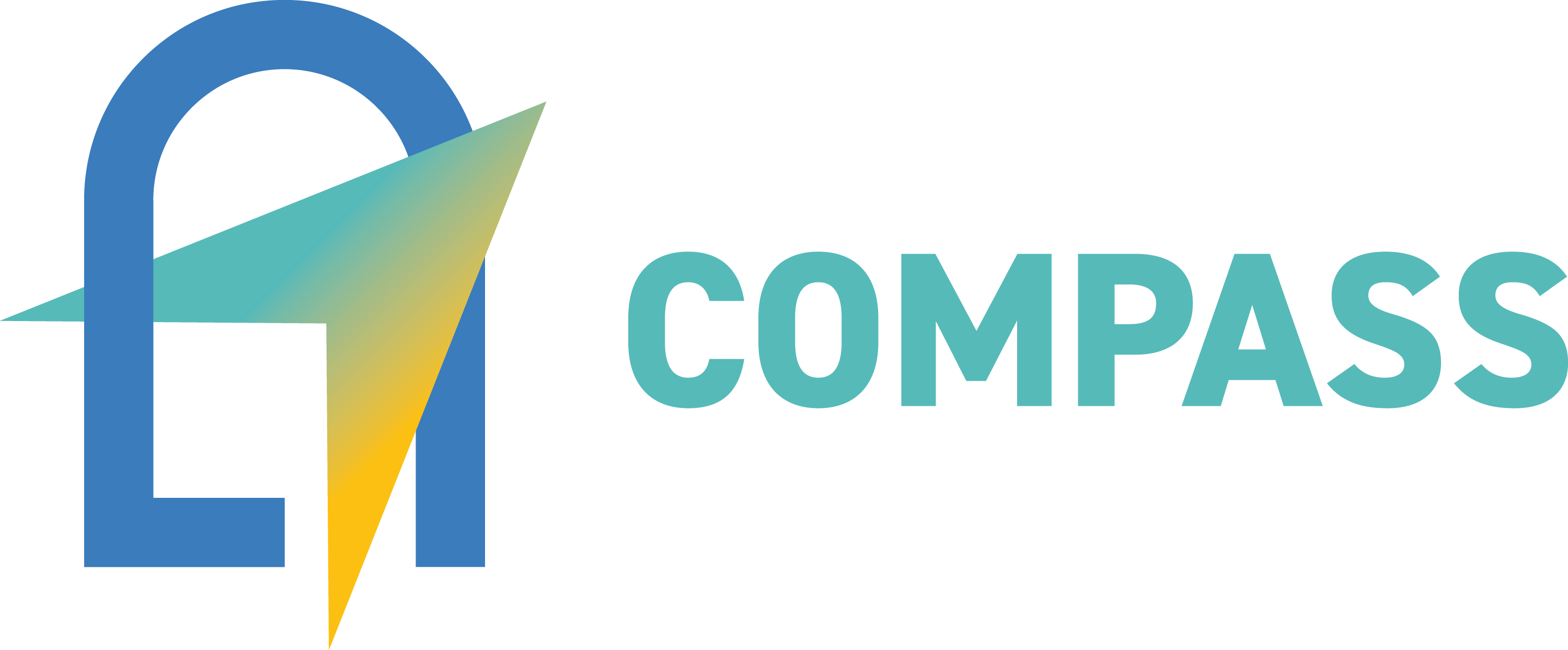Social Media
We live in a technological world where people often communicate over social media channels. For many, it is a main source of news and connection.
Social media is a tool that can be used for good or for bad. We see inspirational stories of people helping others through the use of social media, but also stories of cyber-bullying or trolling. It is important to know that social media platforms are designed to be addictive for users of all ages. Parents have an opportunity to help their child successfully use social media and address issues that may arise through their modeling, conversation, and understanding the channels that exist.
Anticipate
Your child will be asking about social media, whether it is through learning about it from other people or out of personal interest. You can anticipate this by considering what rules you want to have in place (ex/ shared log-in, which channels they can access, etc.). You can invite your child to help determine what some of the rules will be, being sure to explain why you set certain parameters.
Know your role. Strive to be a safety net for your child and not just patrolling what they can and cannot do on social media. Discuss with them, at an age-appropriate level, what concerns you have with any or all social media channels. Consider how frequently you use social media yourself and what behaviors you model to your child when using it.
Learn about what platforms are trending and where “the kids are at these days.” Social media is an ever-changing landscape. Some channels are advertised to children but are actually intended for adults. Be present on the platforms that your child uses, as well.
Talk with your child about your expectations and the realities—or lack thereof—of what is shared on social media. Many people do not realize that what is shared on social media is cultivated for a specific purpose, algorithm, etc. Recognize that social media can have a negative impact on children (image, self-esteem, etc.) and learn what signs to look for if this is impacting your child in this way.
Accompany
If your child is using social media, talk with them about the settings and permissions they have in place on every social media channel. While they may feel they are only sharing something with close friends, we live in a “viral” world where people make presumptions and decisions based on something someone shares momentarily. Help your child understand that there is permanence in what is shared online, even if they delete it or it is on a “disappearing” app. Help them develop discernment tools before they post something and to consider how someone who doesn’t know them might take in this information as it becomes a reflection of your child once they share it. Be sure your child knows that you are a safe place to ask questions and will support them, even if they make a mistake.
Regularly check in with your child about what they are seeing or reading on social media channels. Talk to them about their different responses, interactions, etc. Let them know that social media is not something that should cause them to keep secrets from you. If your child is already using social media, know that you can still change your expectations and boundaries for your child’s social media use. It also may vary child to child within your home. For many children, they feel that losing access to social media is the same as losing access to the outside world. Be sure to have a conversation with them on why you are changing the expectations or boundaries, if needed.
Answer
Want to learn more?
Learn more about Internet Safety
Learn more about Friendship
Learn more about Screentime


